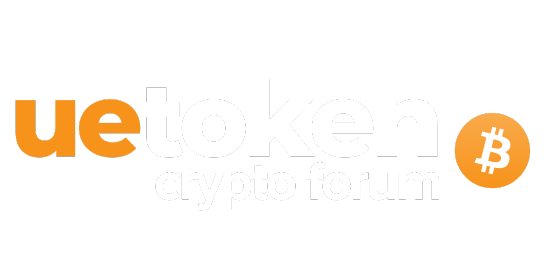ralphdkemp
New member
- Joined
- Jun 14, 2022
- Messages
- 5
Hi everyone! I'm really new to all this, so please forgive me if I sound clueless. I have very little experience with cryptocurrency and have only used Coinbase a bit. I'm interested in the privacy that comes with crypto platforms that don't require KYC (Know Your Customer) verification. But I have some questions that I can't seem to find answers to:
- Will non-KYC crypto exchanges become inaccessible to people in the USA soon?
- What happens to your wallet on a non-KYC crypto exchange if the exchange shuts down or becomes unavailable?
- If I have a wallet on a non-KYC crypto exchange, can someone send Bitcoin to that wallet?
- Can I transfer Bitcoin from my non-KYC wallet to my Coinbase wallet?
- What are the best non-KYC crypto exchanges available to US residents for buying Bitcoin?
